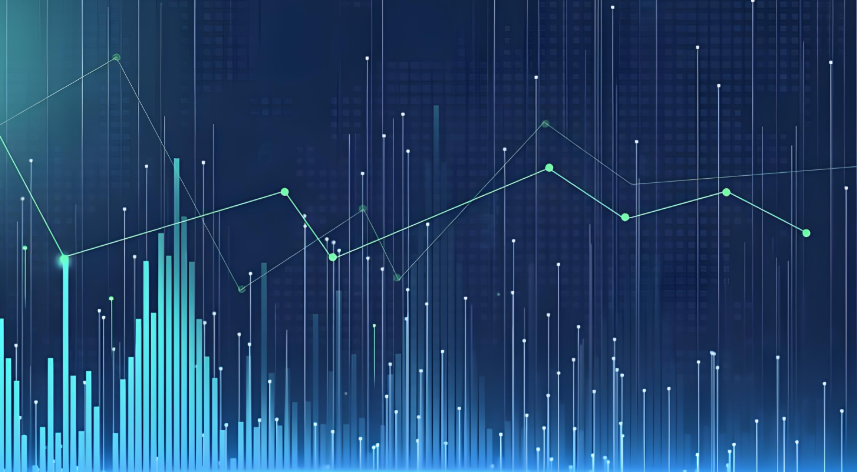Japan's Minimum Wage Rises Most in 32 Years
Advertisements
- November 26, 2024
- Financial Directions
- 780
Japan is witnessing a significant shift in its labor market dynamics as the country records its highest increase in base wages in over three decades. This development has garnered attention not only from economists but also from market participants keeping an eye on the potential implications for the Bank of Japan's interest rate policies.
On January 9, 2024, the Ministry of Health, Labour and Welfare revealed that basic wages rose by 2.7% in November from the previous year, with nominal wages advancing by 3%. This exceeded economists' expectations who had predicted a 2.7% increase in nominal wages. In a further nod to the improving wage climate, a more stable measure of wage trends indicated that the salaries of full-time workers grew by 2.8%, maintaining a figure above 2% for a remarkable 15 consecutive months. This metric avoids the pitfalls of sample biases and excludes bonuses and overtime pay, thereby offering a clearer picture of wage growth.
Despite these encouraging figures, the reality of cash earnings paints a different story. Real cash wages fell by 0.3% year-on-year, marking the fourth consecutive month of decline. This stagnation in real wages can largely be attributed to ongoing inflation outpacing wage growth, particularly after the government ceased subsidies on utility bills, which exacerbated energy costs. Notably, consumer prices surged in November, further complicating the wage scenario. Following the report, the Japanese yen strengthened slightly against the dollar, trading at 158.12 yen per dollar.
The report on wage trends has spurred speculation regarding the likelihood of an interest rate hike by the Bank of Japan in the near term. Many analysts are beginning to forecast an announcement of an increase in the upcoming policy decision meeting scheduled for later this month. Previously, remarks by Bank of Japan Governor Kazuo Ueda following the December meeting elicited more conservative expectations, with a prevailing belief that any potential policy changes would materialize later due to the necessity for more data, particularly regarding sustained wage growth.

In light of the latest data, economist Yuya Kikkawa from the Meiji Yasuda Research Institute remarked, “Today's data does not necessarily indicate a significant improvement in wage trends. However, if further positive signals emerge, the Bank of Japan may resort to interest rate hikes.” Another economist, Taro Kimura, added that the unexpectedly robust growth in cash earnings during November could bolster the Bank’s confidence that wages are helping to push consumer price trends closer to the 2% target, which the institution has been striving to achieve.
As Japan approaches its annual spring wage negotiations, the atmosphere is charged with anticipation. In March of last year, the Bank of Japan raised interest rates for the first time in 17 years. Notably, right before this monumental decision, Japan's largest labor union confederation, Rengo, announced that its members had seen wage increases at a level not witnessed in over 30 years.
This year, Rengo is set to release initial wage data on March 14, just five days before the Bank of Japan publicizes its policy meeting resolutions for that month. Rengo aims for a minimum wage increase of 5% across all companies, with a slightly higher target of 6% for small and medium-sized enterprises. Kikkawa commented that this year's spring wage negotiations are projected to yield results around 5%, with little variation from last year's 5.1%, suggesting that labor shortages might continue to drive salary increases.
Furthermore, Ueda noted in December that signs of momentum in wage negotiations might become apparent before Rengo's official tally in March. Presently, there are already some encouraging signs from select corporations, such as the retail giant Aeon Group and the life insurance company Nippon Life, both of which reportedly plan to award certain employees raises of at least 6%. Given the tightening labor market in Japan, businesses are also under pressure to raise wages to attract and retain talent.
The landscape among companies reveals stark contrasts. Large enterprises, buoyed by strong financial backing, significant market presence, and diversified business models, maintain an optimistic outlook despite various challenges. In contrast, small and medium-sized enterprises are mired in struggles, with more than half of them reportedly abandoning plans to increase wages entering 2024. The reasoning behind this disheartening trend stems from fierce market competition that complicates their ability to pass on costs to customers without risking client loss, as well as fluctuations in raw material prices and erratic market demand that dim their profit prospects.
In addition, the Japanese government has amplified its call for wage increases. Prime Minister Shinzō Abe reaffirmed in his New Year’s address his commitment to fostering economic growth through bolstering wages and enhancing investment. He also reiterated an ambitious goal to raise the minimum hourly wage to ¥1,500 (approximately $9.49) within the next five years, necessitating an annual increase of over 7%. Currently, the minimum wage stands at ¥1,055, with recent adjustments made in August reflecting on the payrolls seen in October.
With these developments, the Japanese economy appears poised at a critical juncture where rising wages could play a pivotal role in shaping consumer behaviors and broader economic indicators. The upcoming months are likely to bring further insights into how companies across various sectors navigate the complex interplay between wage demands and operational sustainability, particularly as they confront dynamic market conditions and a tightening labor force.
Leave a Comment